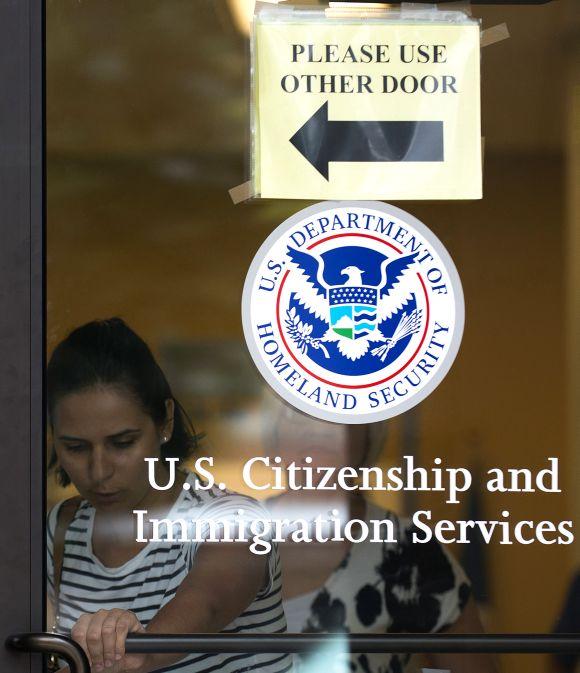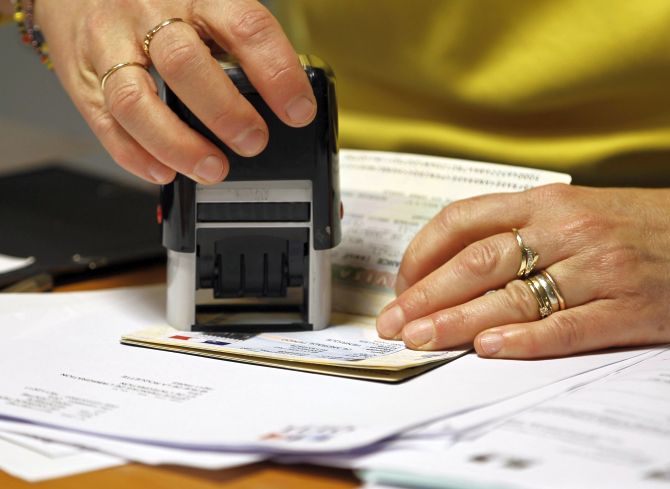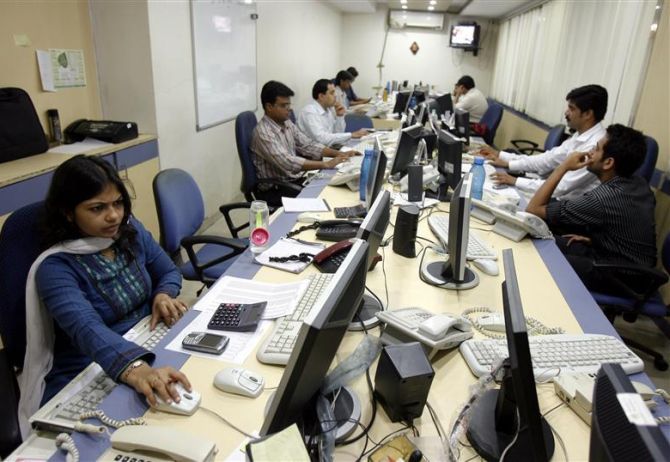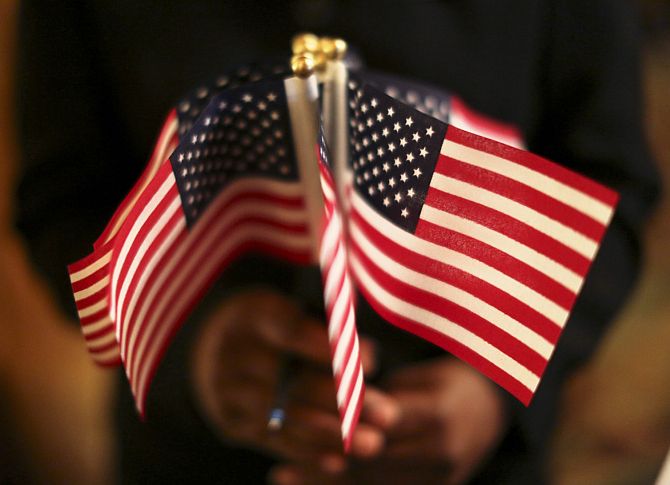 | « Back to article | Print this article |
US H-1B visa cap reached in 5 days
The US announced that it has received the sufficient number of applications for its much coveted H-1B work visas to meet the Congressional mandated cap of 65,000.
On April 1, the US Citizenship and Immigration Services (USCIS) had started accepting the applications for the allocation of visas - highly popular among IT professionals - for the fiscal year 2015 beginning October 1, 2014.
This is the second consecutive year that the cap has been reached in the first five days.
Click NEXT to read more…
US H-1B visa cap reached in 5 days
USCIS also said that it has received more than the limit of 20,000 H-1B petitions filed under the US advanced degree exemption.
USCIS had said it anticipated receiving more than enough petitions to reach both caps by April 7.
"Before running a random selection process, USCIS will complete initial intake for all filings received during the filing period which ended on April 7," it said.
Click NEXT to read more…
US H-1B visa cap reached in 5 days
Due to the high number of petitions, USCIS is not yet able to announce the date on which it will conduct the random selection process, it added.
"A computer-generated process will randomly select the number of petitions needed to meet the caps of 65,000 visas for the general category and 20,000 under the advanced degree exemption," it said, adding that it will reject and return filing fees for all cap-subject petitions that are not selected, unless found to be a duplicate filing.
However, USCIS will continue to accept and process petitions that are otherwise exempt from the cap.
Click NEXT to read more…
US H-1B visa cap reached in 5 days
"Petitions filed on behalf of current H-1B workers who have been counted previously against the cap will not be counted towards the congressionally mandated FY 2015 H-1B cap," USCIS said.
As per the Congressional mandated cap, USCIS can allocate a maximum of 65,000 H-1B visas for the fiscal year 2015 beginning October 1, 2014.
The cap has remained in place for the past several years.
The first 20,000 H-1B petitions filed on behalf of individuals with a US master's degree or higher are exempt from the 65,000 cap.



